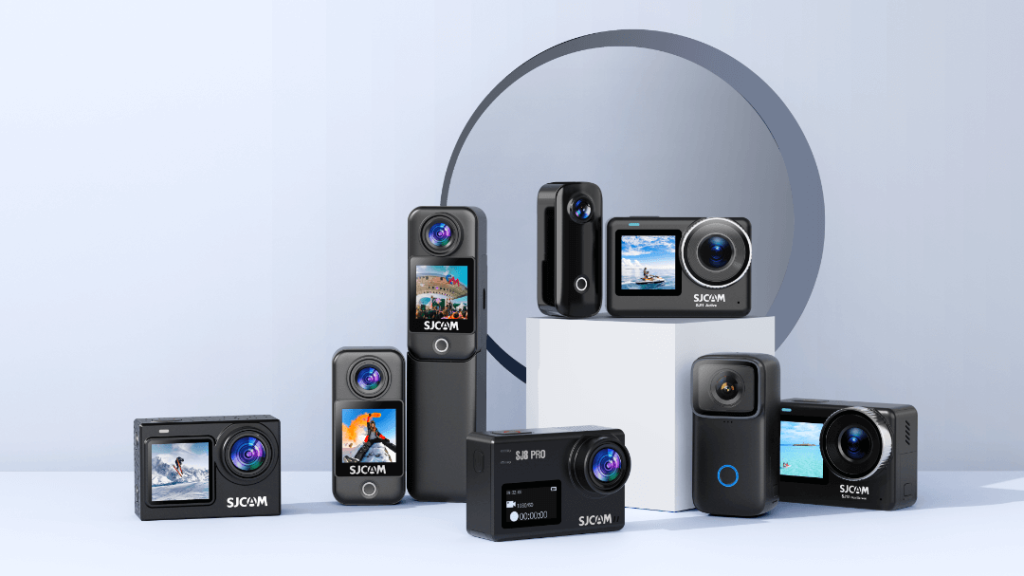
In today’s digital age, cameras have become more accessible and versatile. Whether you’re an aspiring photographer, travel enthusiast, or simply someone who enjoys capturing moments, choosing the perfect camera can be overwhelming. With a wide variety of options available, it’s essential to understand your needs and make an informed decision. In this camera buying guide, we will explore the key factors to consider when selecting a camera that best suits your requirements.
Before diving into the specifications and features, it’s crucial to identify your purpose for buying a camera. Are you a beginner looking to explore photography as a hobby? Or are you a professional seeking a camera for commercial projects? Understanding your goals will help you narrow the options and choose a camera that aligns with your needs.
Your level of expertise in photography plays a vital role in determining the type of camera that suits you best. If you’re a beginner, opting for a user-friendly camera with automatic modes and intuitive controls can help you learn the basics without feeling overwhelmed. For experienced photographers, advanced features and manual controls become more important for creative freedom and flexibility in capturing images.
There are various types of cameras available, each catering to different needs:
Image quality is a critical factor to consider when choosing a camera. Look for cameras with larger sensor sizes, as they tend to produce higher-resolution images with better low-light performance and reduced noise. Megapixels alone don’t determine image quality, so consider other factors like sensor technology and image processing capabilities.
Interchangeable lenses provide versatility in capturing different types of shots. Consider the availability of lenses for the camera system you choose. DSLRs and mirrorless cameras typically have a wider range of lens options, allowing you to expand your creativity and adapt to various shooting scenarios.
Set a realistic budget for your camera purchase. Cameras come in a wide range of prices, and balancing your budget and desired features is important. Consider investing in a camera that provides room for growth as your skills and needs may evolve. In addition, you can also use discount codes on Couponupto to save money when purchasing cameras.
The ergonomics and handling of a camera can greatly impact your overall shooting experience. Ensure the camera feels comfortable in your hands and the controls are intuitive and easily accessible. A camera that feels natural to hold and operate will enhance your enjoyment and productivity.
Before finalizing your decision, conduct thorough research and read reviews from trusted sources, photographers, and experts. Pay attention to user experiences, performance, and the reliability of the camera brand. Online forums, review websites such as bestproductlists.com, and photography communities can provide valuable insights and recommendations.
Anticipate your future needs and aspirations in photography. While choosing a camera that suits your current requirements is important, it’s also wise to consider its potential for growth and expansion. Ensure that the camera system you invest in offers a range of accessories, lenses, and upgrades to support your evolving skills and interests.
Whenever possible, visit a camera store or attend photography expos to handle and test different camera models. Getting hands-on experience will better understand how the camera feels, functions, and suits your shooting style.
Choosing the perfect camera requires thoughtful consideration of your photography goals, skill level, camera types, image quality, lens options, budget, ergonomics, and future needs. By carefully assessing these factors and doing thorough research, you can make an informed decision that will enable you to capture stunning images and elevate your photography experience. Remember, the perfect camera is the one that aligns with your unique vision and empowers you to express your creativity with confidence.